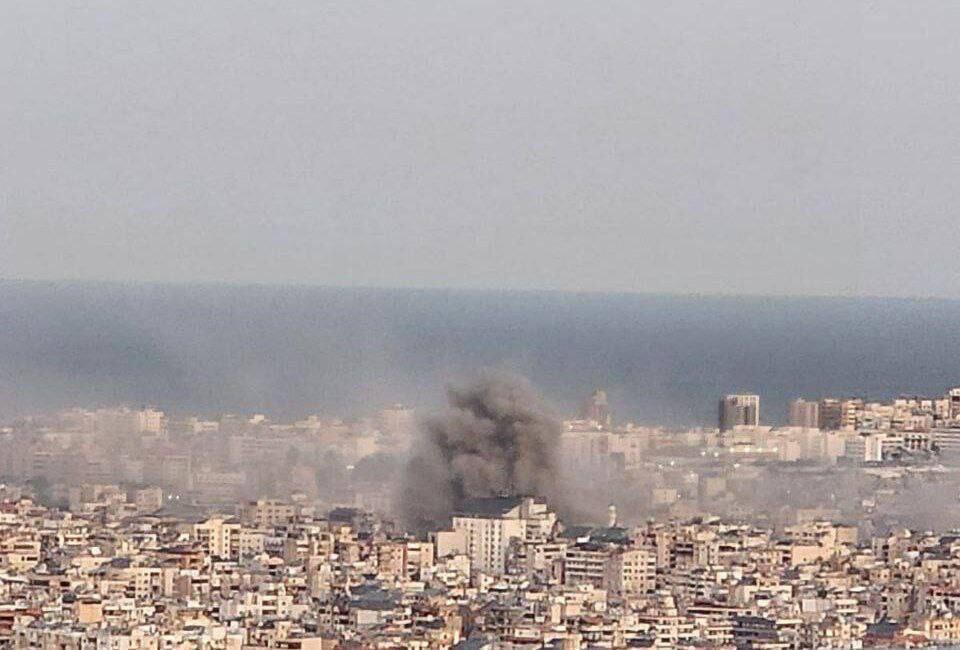Getting your Trinity Audio player ready...
The IDF is working "vigorously and quickly" with the aim of finishing the work in the area near the border in southern Lebanon, as well as the plan to attack Hezbollah's fire and command and control arrays "within days to weeks." No more.
"We strive for a situation where our planned military closing moves will be conducted in parallel with the progress of the diplomatic processes that will lead to a settlement," a senior military official told Ynet. The political processes have already begun, and the official noted the following developments, all of which are positive from Israel's point of view:
1. Hezbollah and the Iranians want a cease-fire as soon as possible in order to preserve as much of their remaining capabilities as they can, and so that they can quickly reestablish themselves as a military-political force within Lebanon.
2. In the last few days, there was a rare public gathering of central political leaders and heads of sects in Lebanon: Druze leader Walid Jumblatt, who until recently was coordinating positions with Hezbollah; the leader of the Shiite Amal movement and the Speaker of the Parliament Nabih Berri; and the Sunni prime minister Sunni of Lebanon, Najib Mikati. Everyone called for a cease-fire and a political settlement without mentioning Hezbollah's demands and demands.
3. Mikati even came out publicly against Iran's interference in Lebanon's internal affairs, which he would not have done when Hezbollah and Nasrallah were in their usual position of power.
IDF attacks in Dahieh in southern Lebanon on Saturday
On Sunday, an additional reserve brigade is entering southern Lebanon to complete the clearing of the villages and fortified areas where Hezbollah's Radwan force prepared its logistical infrastructure and bases for infiltration into Israel. Every house in the village that had weapons in or under it will be destroyed, the senior military official said, and this will leave a great deal of destruction in the Shiite villages near the border.
Get the Ynetnews app on your smartphone:






